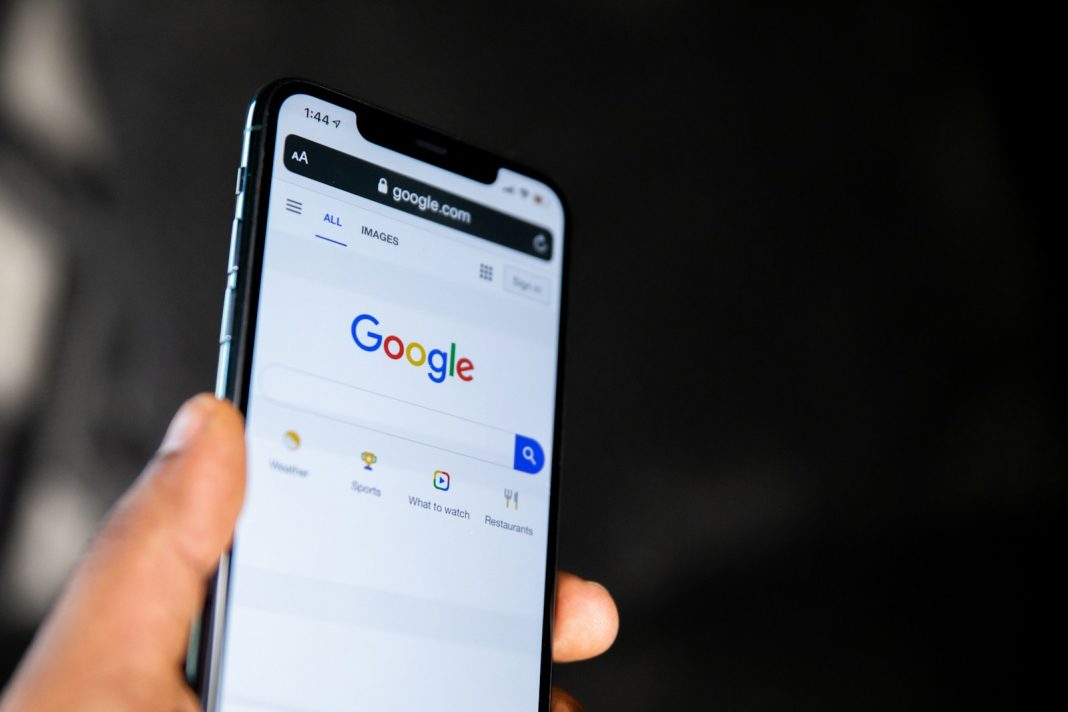Google’s Pixel 9 smartphone is poised to hit the shelves a month earlier than usual, with an August release date that promises more than just upgraded hardware. Recent leaks suggest that Google is gearing up to unveil several cutting-edge AI features alongside its new flagship device. While the tech giant has yet to confirm these advancements, insights from Android Authority hint at significant developments that could redefine user interaction with smartphones.
New AI Features Unveiled
Android Authority reports that a confidential source within Google has divulged details about three potential AI features slated for inclusion in the Pixel 9 line up. These features, outlined in a leaked screenshot titled “Discover Google AI at its best,” promise to leverage artificial intelligence in novel ways.
1. Add Me
Among the most intriguing additions is the “Add Me” feature, which purportedly ensures everyone is included in group photos. Utilising AI technology, this feature aims to seamlessly edit individuals into group shots who might have missed the initial frame. This enhancement builds upon Google’s existing Best Take functionality, which empowers users to select the best facial expressions from multiple photos, thereby enhancing the overall quality of group snapshots.
Critics, however, raise philosophical questions about the authenticity of such images. They argue that modifying photos to include absent individuals challenges the essence of photography, potentially altering the perception of reality captured in each image.
2. Studio
Another innovative addition is “Studio,” described by Google as a tool that turns your creative vision into reality. This AI-powered feature is reminiscent of existing art generation tools offered by other tech companies. While specifics regarding Pixel or Android-specific functionalities remain undisclosed, the inclusion of Studio aligns with Google’s ongoing efforts to integrate creative assistants into everyday smartphone usage.
The introduction of Studio reflects a broader industry trend towards democratising digital art creation through AI, underscoring Google’s commitment to empowering users with intuitive and accessible creative tools.
3. Pixel Screenshots
Arguably the most impactful among the purported additions is “Pixel Screenshots,” drawing parallels to Microsoft’s controversial Recall feature. Unlike Recall, which automatically captures screen snapshots at regular intervals, Pixel Screenshots scans existing screenshots to create a searchable database. This functionality allows users to effortlessly retrieve information from saved images, ranging from web links to app names and timestamps.
Crucially, all data processing associated with Pixel Screenshots occurs locally on the device, assuaging privacy concerns by ensuring that sensitive information remains securely stored. Nevertheless, experts caution that the convenience of AI-driven screenshot searching introduces potential vulnerabilities, particularly if users inadvertently save sensitive data within their screenshots.
Implications and Future Prospects
While these advancements represent significant strides in AI integration within smartphone technology, Google has yet to officially confirm their inclusion in the Pixel 9. Industry observers anticipate that these features, if implemented, could redefine user expectations regarding smartphone functionality and privacy safeguards.
As the August release date approaches, all eyes remain on Google to unveil its latest innovations and clarify the extent of AI’s role in enhancing the Pixel user experience. The potential launch of these features underscores Google’s commitment to advancing AI capabilities within its hardware offerings, promising a blend of innovation and functionality designed to resonate with tech-savvy consumers.
In conclusion, while the specifics of Google’s Pixel 9 line up remain shrouded in secrecy, the leaked insights into potential AI features highlight the company’s ambitious agenda for the future of smartphone technology. Whether these advancements will deliver on their promise to redefine user interaction remains to be seen, but one thing is certain: the tech world eagerly awaits Google’s next move.


